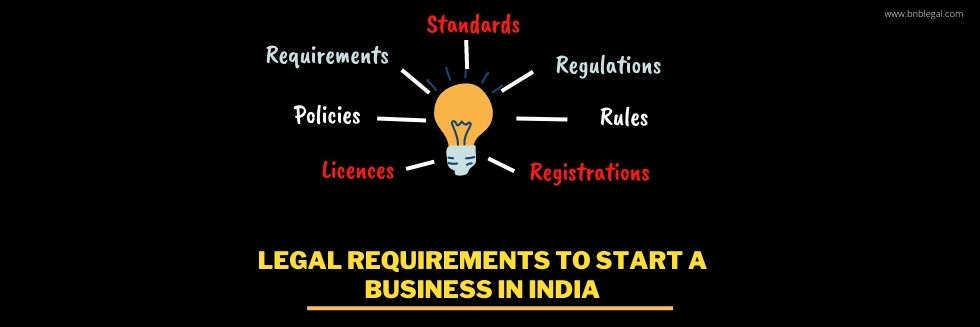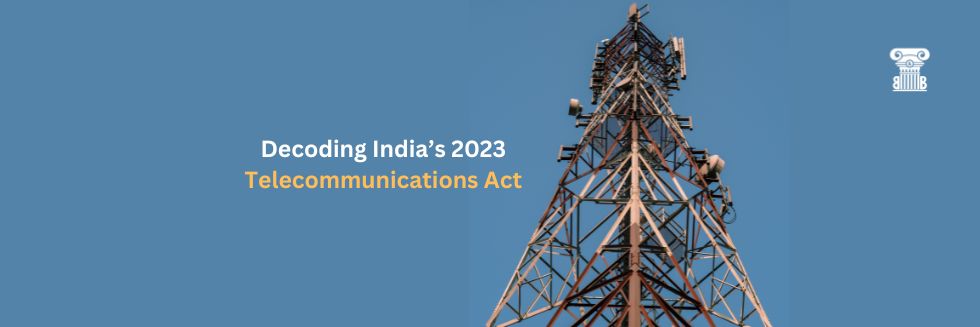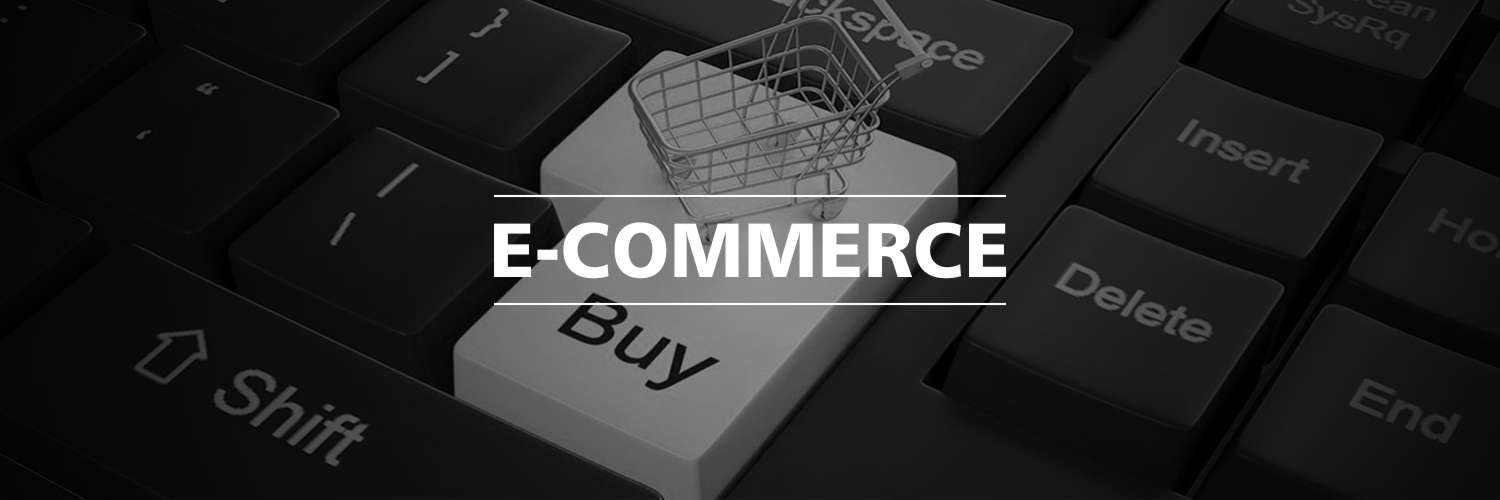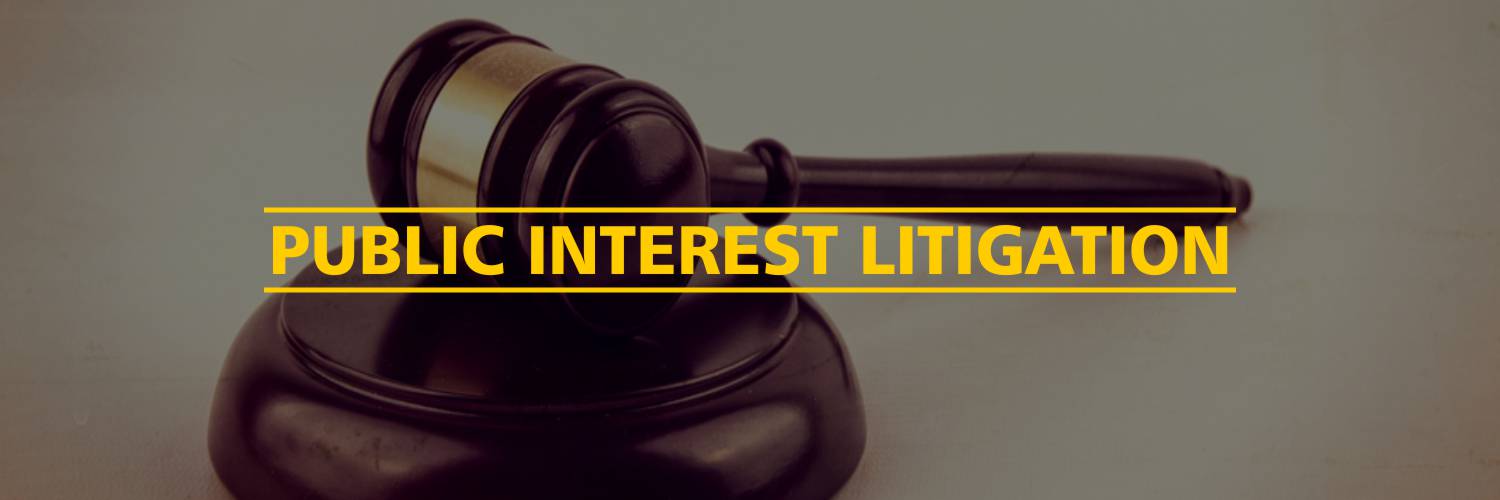Cybercrime is a broad term which is used to define a criminal activity in which computers or computer networks are either a tool or a target or a place of criminal activity. Cyber crimes are the crimes that are committed against individuals or groups of individuals with a criminal motive to intentionally harm the reputation of the victim or cause physical or mental harm, or loss, to the victim directly or indirectly, using modern telecommunication networks and computer devices. Cybercrimes can also be committed to threatening a person or a nation’s security and financial health.
E-commerce is trading in goods and services, or the transmitting of funds or data, over an electronic network, primarily the internet. The term cyber crimes include e-commerce crimes.
Some Common Cyber Crimes
- Unauthorized Access: It refers to gaining entry into the computer, computer system or computer network without the permission or the consent of the person in charge/ rightful owner.
- Hacking: It refers to an illegal intrusion/encroachment into a computer system or a computer network. Breaking into a computer (at whatever stage) is termed as hacking.
- Web/Browser Hijacking: Web hijacking is taking forceful control of another’s website. The owner of the website thus loses control over his website and the content so published on it. Browser hijacking is a form of unwanted software that modifies a web browser’s settings without the user’s permission, to inject unwanted advertising into the user’s browser.
- Child Pornography: Criminals win the confidence of children and lure them by distributing pornographic material and sex chat and then call them out for personal interaction. They then sexually exploit the children either by using them as sexual objects or by taking their pornographic pictures in order to sell those over the internet.
- Denial of Service Attack: The criminal floods the bandwidth of the user’s network or fills his e-mail box with spam emails depriving him of the services he is rightfully entitled to access or provide.
- Virus attacks: Viruses are the programs that have the capability to infect and spread into other programs. It usually affects the data on a computer, either by altering or deleting it.
- Software Piracy: It refers to the illegal copying of genuine programs and includes copyright infringement, trademarks, and patent violations, theft of computer source code etc.
- Salami attacks: It is when small attacks add up to one major attack. The alteration is made so insignificant that in a single case it goes completely unnoticed. These attacks are generally used for the commission of financial crimes.
- Phishing: Sending e-mails which direct the user to visit a website where they are asked to update their personal information, such as passwords and bank account numbers etc. The sender misrepresents itself as an established legitimate enterprise to scam the user into surrendering private information.
- Sale of illegal articles: Sale of narcotics, weapons, and wildlife etc., by posting information on websites, auction websites, and bulletin boards or simply by using email communication.
- Email spoofing: It refers to email that appears to originate from a different source than from where it has actually been sent.
- Cyber Defamation: When a person publishes defamatory/derogatory matter about someone on a website or sends e-mails containing defamatory information to all or any of that person’s friends, it is termed as cyber defamation.
- Forgery: Computers, printers, and scanners are used to forge counterfeit currency notes, postage and revenue stamps, mark sheets etc. These are made using computers, and high-quality scanners and printers.
- Email bombing: Email bombing refers to sending a large number of emails to the victim resulting in the victim’s email account or mail servers crashing.
- Breach of Privacy and Confidentiality: Privacy refers to the right of an individual to determine when, how and to what extent his or her personal data will be shared with others. Breach of privacy means the unauthorized use or distribution or disclosure of personal information. Confidentiality means non-disclosure of important information to unauthorized or unwanted persons.
- Data diddling: Data diddling involves changing data prior to or during input into a computer.
- E-commerce/ Investment Frauds: An offering that uses false or fraudulent claims to solicit investments or loans, or that provides for the purchase, use, or trade of forged or counterfeit securities.
- Cyber Terrorism: Targeted attacks on military installations, power plants, air traffic control, banks, telecommunication networks etc.
How To File a Complaint?
- The complaint is addressed to the in-charge of the cyber crime cell.
- Name, address, telephone no. of the complainant must be mentioned in the complaint.
- The following documents must be provided in case of vulgar or abusive emails:
a) The extended headers of offending e-mail (soft copy as well hard copy).
b) The email address of the offending sender. - The following documents must be provided in case of hacking:
a) Server logs
b) Copy of defaced web page (soft copy as well as hard copy format)
c) If the data is compromised, then a soft copy of the original data and soft copy of compromised data is needed.
d) Control mechanism details of access i.e.- who had what kind of the access to the compromised system and when
e) List of suspects, if any.









